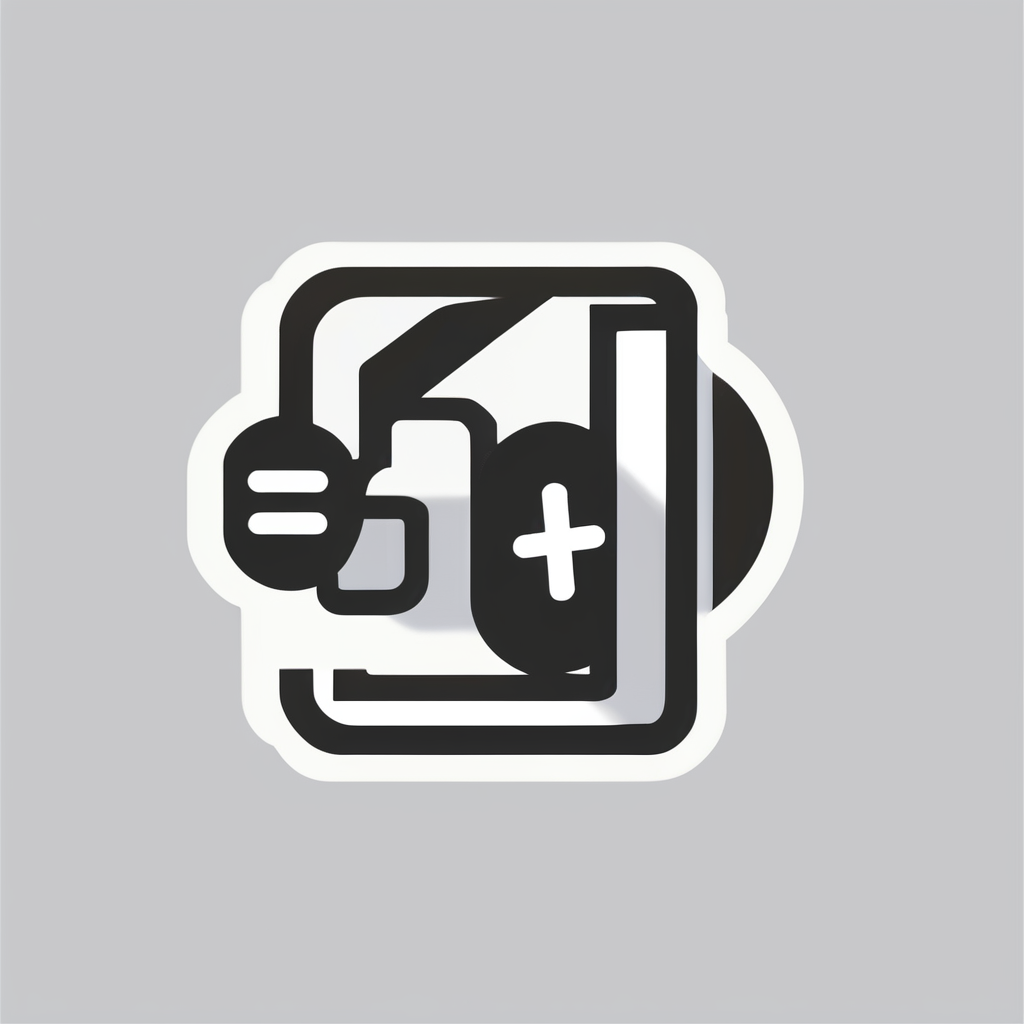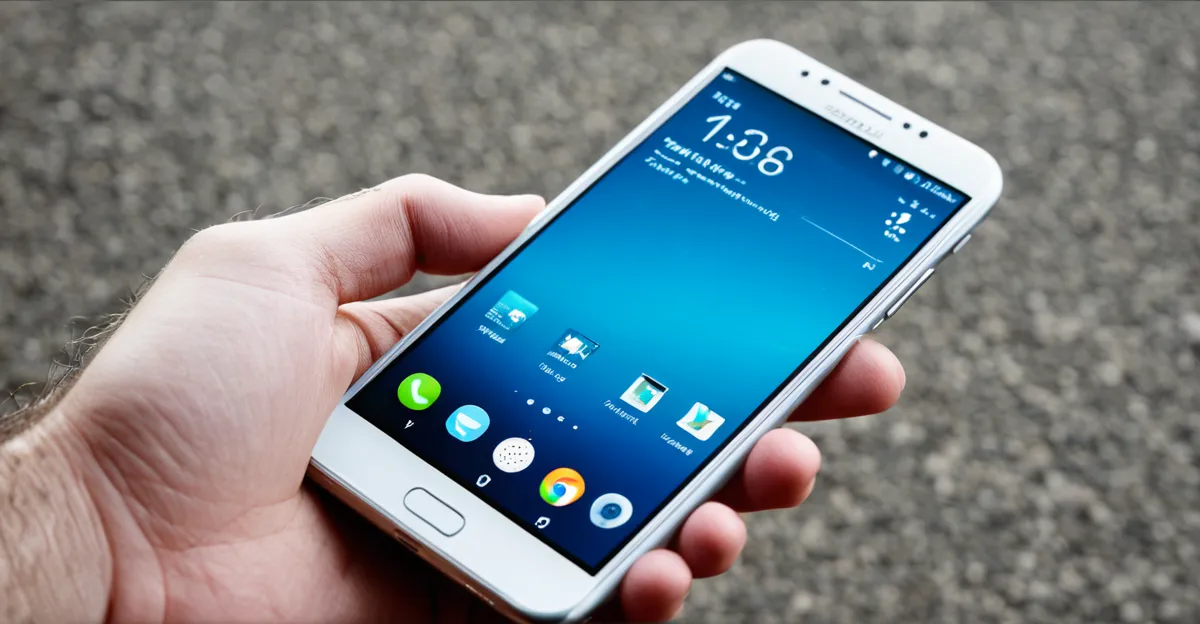Influence of Smartphone Adoption on UK Computing Trends
Smartphone adoption UK has been a major catalyst in reshaping UK computing trends over recent years. The surge in mobile internet usage UK reflects a shift from traditional desktop browsing to predominantly mobile platforms. This shift impacts how technology companies prioritize development, shifting investment focus toward mobile-optimized applications, cloud computing solutions, and responsive web design.
Academic studies confirm that the smartphone adoption UK drives increased demand for faster, more reliable mobile networks, influencing research and infrastructure upgrades within the UK. Industry reports reveal that companies have realigned their resources to enhance user experience on smartphones, prioritizing app performance and mobile security.
Also read : How are UK smartphone companies incorporating sustainable practices?
This transformation also affects software development paradigms. Developers now center their efforts on creating seamless, intuitive mobile interfaces to meet the preferences of a predominantly smartphone-using population. In summary, smartphone adoption UK has directly shaped UK computing trends by triggering a significant rise in mobile internet usage UK and redirecting investments towards mobile-first technologies and infrastructure. This ongoing evolution underlines the critical role smartphones play in defining the future of computing within the United Kingdom.
Changes in Consumer Behaviour and Software Development
In recent years, app development UK has surged, driven by a clear tilt towards mobile-first strategies. UK consumers increasingly rely on smartphones and tablets for daily activities, influencing developers to prioritize mobile functionality. This shift is not just about screen size but reflects deeper changes in UK consumer technology habits.
Also to see : Sell my ipad in london: quick and easy steps to cash in
Many users now expect seamless, intuitive experiences tailored to their on-the-go lifestyles. Consequently, software development focuses more on responsive design, faster load times, and integration with device-native features. These preferences are evident in the rise of apps catering to shopping, entertainment, and finance, reflecting how tech purchases in the UK have shifted. For example, subscription-based models and contactless payment options have seen notably higher engagement through mobile apps.
The evolution in device use has also altered user engagement patterns. Consumers are more likely to favor apps that adapt to their preferences, demonstrating a demand for personalized and efficient digital solutions. Understanding these dynamics is crucial for developers targeting the UK market as app development UK now revolves around delivering tailored mobile experiences that mirror ongoing changes in consumer behavior.
Impact of Smartphones on Traditional Computing Devices
Smartphones have significantly contributed to the decline in PC usage UK, altering how consumers and professionals approach computing. Mobile vs desktop trends reveal a marked shift: in recent years, UK device sales data clearly show smartphones outselling traditional PCs and laptops. This shift isn’t just about convenience; it reflects evolving user preferences for portability, instant connectivity, and multi-functional devices.
The decreasing reliance on traditional PCs is especially evident in casual browsing, social media, and even work-related tasks increasingly managed on smartphones. Many professionals now use mobile devices for communication and light productivity, reducing the need for desktop computers. This change is reshaping workplace environments, where employers integrate mobile platforms as essential tools, complementing or even replacing desktops.
At home, the transformation is equally apparent. Families often prioritize smartphone upgrades over PCs, favoring devices that provide both entertainment and communication. These trends in device sales data UK highlight a broader movement: computing is becoming more mobile-centric, pushing traditional desktop sales into a steady decline. Understanding these dynamics is crucial for anticipating future technology strategies.
Data, Statistics, and UK Market Examples
Understanding the digital transformation UK is crucial for grasping how smartphones dominate today’s tech landscape. Recent UK tech statistics reveal that over 90% of adults own a smartphone, with usage patterns heavily favoring mobile internet access. Market research UK smartphones highlights this shift, showing a consistent year-on-year increase in mobile data consumption and app engagement. For instance, mobile web browsing now accounts for more than half of all UK internet traffic, underscoring the critical role of mobile technology in everyday life.
Several notable UK companies are leading the way in adapting to mobile computing. Retail giants and banks have revamped their apps and online platforms to offer seamless mobile experiences, boosting customer satisfaction and engagement. These firms demonstrate first-hand the tangible benefits of embracing the digital transformation UK, with many reporting increased sales and customer retention through enhanced mobile usability.
Academic research insights from UK institutions reinforce these trends. Studies emphasize the importance of integrating mobile technology into business models to remain competitive. As digital transformation UK accelerates, continuous innovation in mobile tech remains a cornerstone for business growth and consumer satisfaction in the UK market.






